I can speak from my personal experience as a musician (violinist) that music in my childhood helped me to develop, both in school and in daily life, it helps you to develop your two hemispheres of the brain, both your artistic and mathematical part.
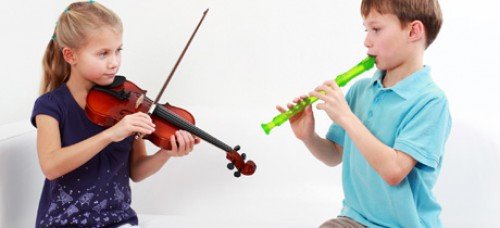
Music is being introduced into the education of preschool children because of the importance it represents in their intellectual, auditory, sensory, speech and motor development.
Music is a fundamental element in this first stage of the educational system. The child begins to express himself in another way and is able to actively integrate into society, because music helps him achieve autonomy in his usual activities, take care of himself and the environment, and expand their world of relationships. And the benefits of children's music are countless.
In recent decades...
The scientific community has shown great interest in investigating the beneficial effects of music on babies and children. The musical initiation can begin in the own house. Children can learn sounds and rhythms simply by listening to children's songs or by parents clapping their hands as the song plays.
Singing songs to babies and listening to music with them, in addition to producing changes at the physiological level, develops a strong affective bond, which stimulates their emotional intelligence. Likewise, at the psychological level, it awakens, stimulates and develops emotions and feelings.
The studies reflect that music favors the ability of children for attention and concentration, thus enhancing their performance at school. Music stimulates memory, analysis, synthesis and reasoning, and therefore, learning.
Early music education
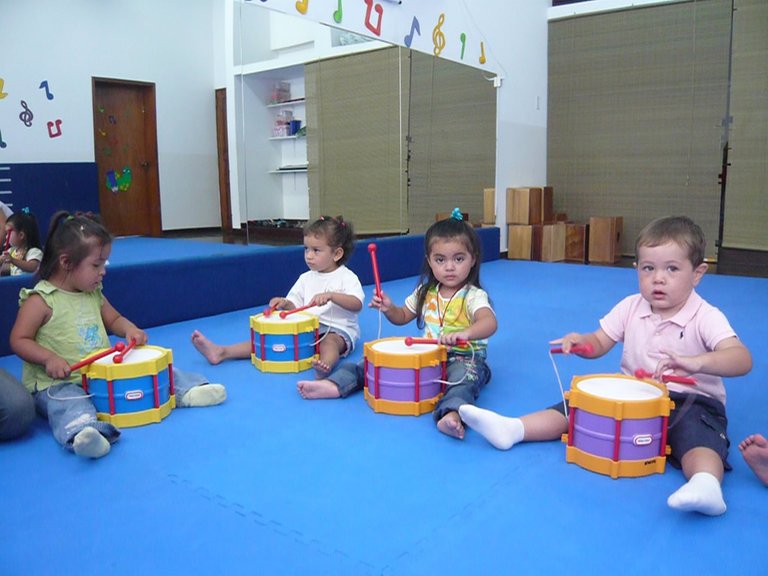
Children and babies should not be limited to listening exclusively to lullabies, because they also have the capacity to enjoy and remember classical music. Listening to different types of music will help them to learn it, to recognize it and to enjoy it.
In general, songs of simple and repetitive lyrics that include onomatopoeias and children's songs to dance are recommended. However, it is not convenient to restrict access to music to the child, it is proven that babies and children are very receptive to classical music of easy structure and of short duration.
You can sing to the baby, clap his hands or show him how to clap his hands too. This will help you learn the rhythms and the different cadence of the music. The child must understand that music is a source of fun.
Early music education, which begins in children from 2 to 5 years old, aims to discover and develop the expressive, musical and psychomotor abilities of the child, which subsequently allow the choice of a musical instrument, according to their preferences and aptitudes.
In most music schools, children start at an early age with musical initiation. They learn to make rhythms with the voice or parts of the body, they learn when a note is high or low, and they learn to write or recognize musical notes through games.
4 great benefits of music for children
Music has the gift of bringing people together. The child who lives in contact with music learns to coexist in a better way with other children, establishing a more harmonious communication. At this age they love music. These are four of the main benefits of music for children:
Security: It gives them emotional security, trust, because they feel understood when sharing songs, and immersed in a climate of help, collaboration and mutual respect.
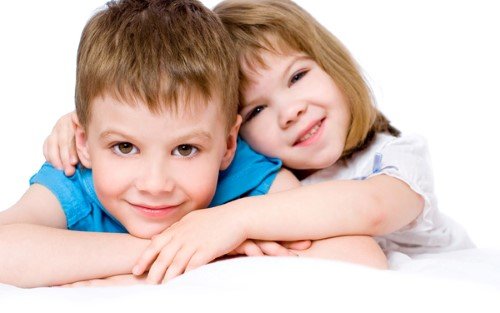
Source Learning: The stage of the child's literacy is more stimulated with music. Through the children's songs, in which the syllables are rhymed and repetitive, and accompanied by gestures that are made when singing, the child improves their way of speaking and understanding the meaning of each word. And so, it will be alphabetized in a faster way.
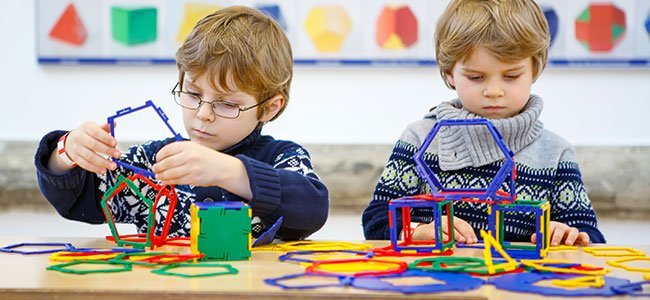
Source Concentration: Music is also beneficial for the child in terms of the power of concentration, in addition to improving their ability to learn in mathematics. Music is pure mathematics. In addition, it facilitates children learning other languages, enhancing their memory.
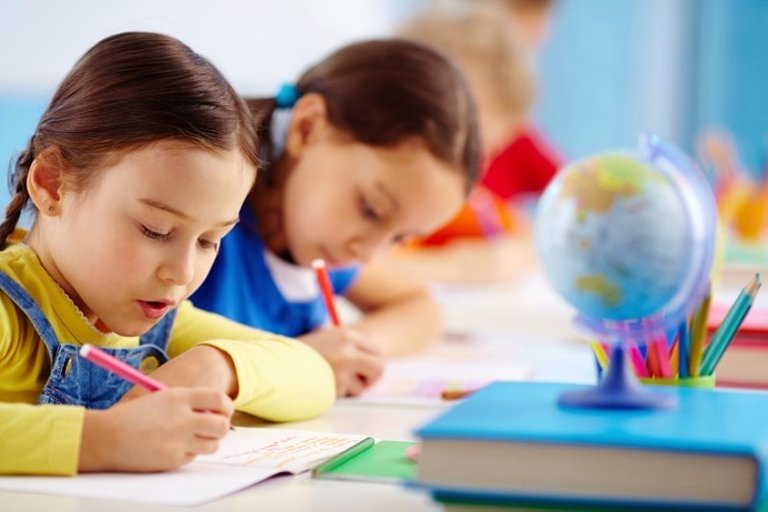
Source Body expression: With music, the child's body expression is more stimulated. They use new resources to adapt their body movement to the rhythms of different works, contributing in this way to the strengthening of the rhythmic control of their body. Through music, the child can improve their coordination and combine a series of behaviors. Lie on your back and move them so he can dance while you sing to him. You can carry and hug in your lap singing other children's rhythms.

Source
Albert Einstein
"Never consider study as an obligation, but as an opportunity to penetrate the beautiful and wonderful world of knowledge."
thanks you @steemiteducation
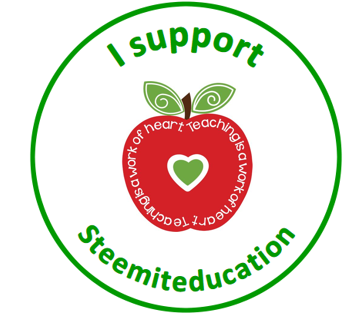
well explained about children development and music effect. This is great!
Thanks for reading, this is a very important topic
Great post. I can vouch for this. The benefits my own children have gained from being exposed to and participating in music has been astronomical. They haven't always followed dad's taste in music tho. :) But I can see the joy that their music choice brings to them and at the end of the day, that's what it's about.
Exactly what it is about, that they can develop through music, which gives them that impetus for their development
Music is the only human activity where the performers have to be thinking the same thing and the same instance.
I simply must agree with you, music has the potential to expand one's mind to another level! Excellent post!
It is proven that music alone helps a lot in the mood of people. And even more playing an instrument, in addition to intervening in the mood of the person, allows you to develop and strengthen the brain giving it a mental acuity superior to that of people who do not play musical instruments. And as the instrument becomes more difficult (requires more practice), mental acuity is superior.
Good post!